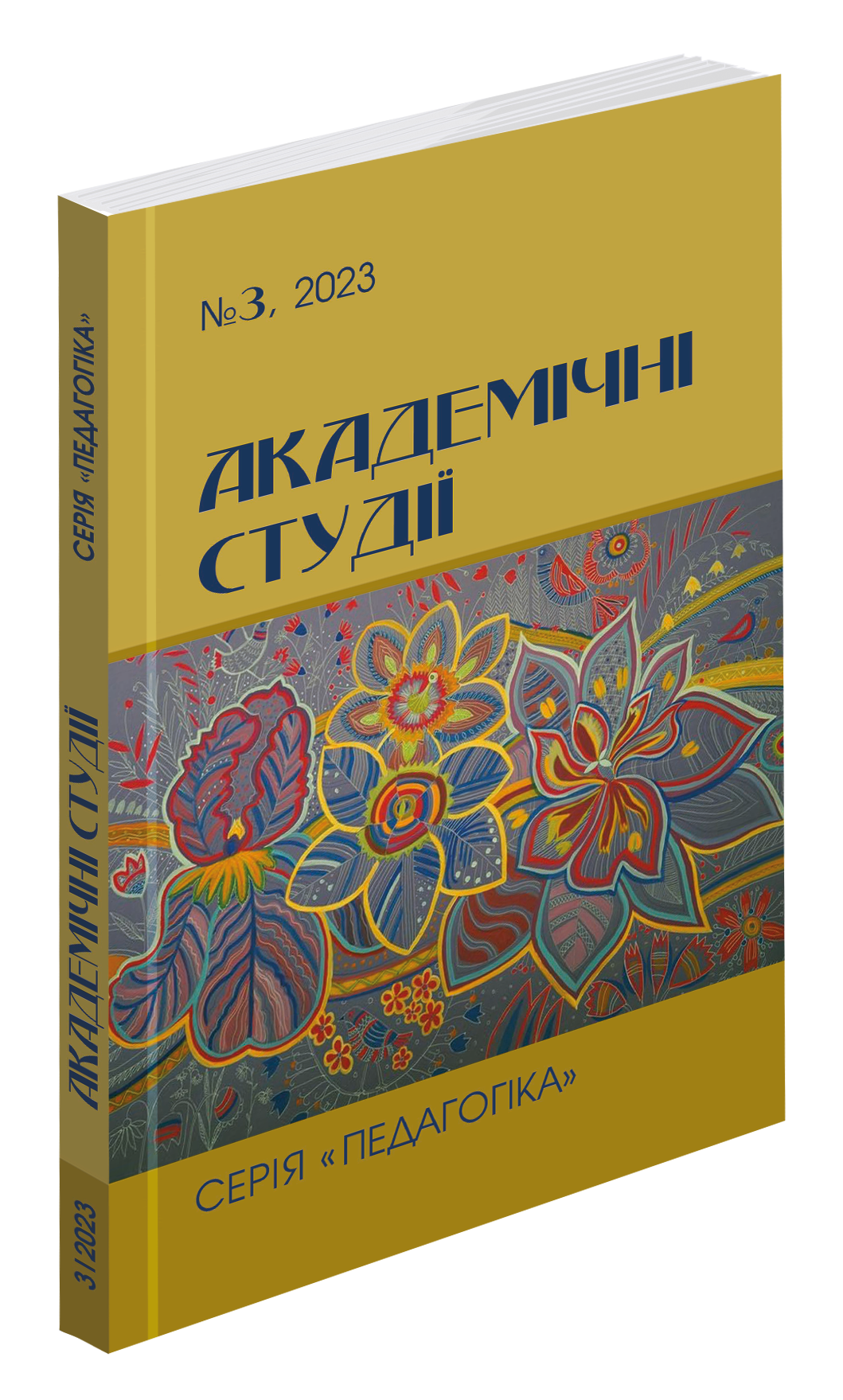Abstract
Gaming culture of cite-states and first world empires of Ancient Mesopotamia is outlined in this article. Speaking of dialectical unity of the general, game acts as a factor for people’s development and helps to regulate relationships between them, constantly changing throughout history. Every nation in all historical eras despite it’s significant differences has something in common in rules and context of gaming livelihood of people, forms of their coexistence, which found its embodiment also in game activities. It applies to the primary relationships between people in game: do not kill and steal, say the truth, keep a promise, keep a word etc. Here the impact of social relationships, laws, beliefs, preservation and geographical expansion of game is covered. The role of game as a principle of spiritual, psychic, mental and physical development gradually increased with the development of social relations. Due to the subject gifted with thinking and who had been constantly developing his life experience, game became more meaningful and necessary. It started to gain an ability to adapt any conditions. Game socialixed to some extent, that provided opportunities to acquire certain forms of conscious application. The processes of game cultivation and giving it a certain form and content are described in the article. Understanding of games has been developing along with the accumulation of the knowledge about the impact of games on improving mental, moral and physical abilities. The essence of game as a social phenomenon is formed in a new way. The ways of using the game culture of Akkad, Sumer, Babylon. Chaldean and Assyrian empires are presented here. Every nation created new games using the mechanism of game thinking. Some of these games were closely related to medieval rituals, myths. Legends and seasonal folk holidays. Formation of the slave system left it’s mark on the game. Only members of ruling elites could participate in games while slaves were working hard. Game differentiation was born. The process of cultivation of cultural, game and ritual interaction is demonstrated, which took place not only through forced introduction, but also selectively, i.e. those boundaries of ritual and game that corresponded to the worldview of the population, local traditions and views were preserved and used.
References
Левчук Л. Т. Історія світової культури : Навчальний посібник. 3-тє вид., перероб. і доп. Київ : Центр учбової літератури, 2010. 400 с.
Лубський В.І., Лубська М. В. Історія релігій: підручник для студ. вищ. навч. закл. Київ : Центр навчальної літератури, 2004. 696 с.
Виховання і навчання на Стародавньому Сході. URL: https://stud.com.ua/72317/pedagogika/vihovannya_
navchannya_starodavnomu_shodi (2023, серпень, 29).
Едуба URL: https://uk.wikipedia.org/wiki/%D0%95%D0%B4%D1%83%D0%B1%D0%B0 (2023, вересень, 6).
Закони Хамурапі. URL: http://ibib.ltd.ua/zakonyi-vavilonskogo-tsarya.html (2023, серпень, 15).
Шумерські боги та богині URL: https://avareurgente.com/uk/shumerski-bohy-ta-bohyni (2023, серпень, 23).

